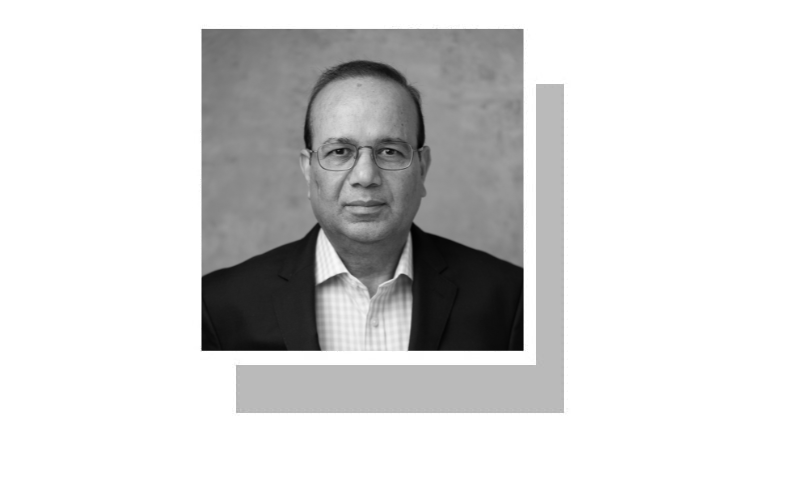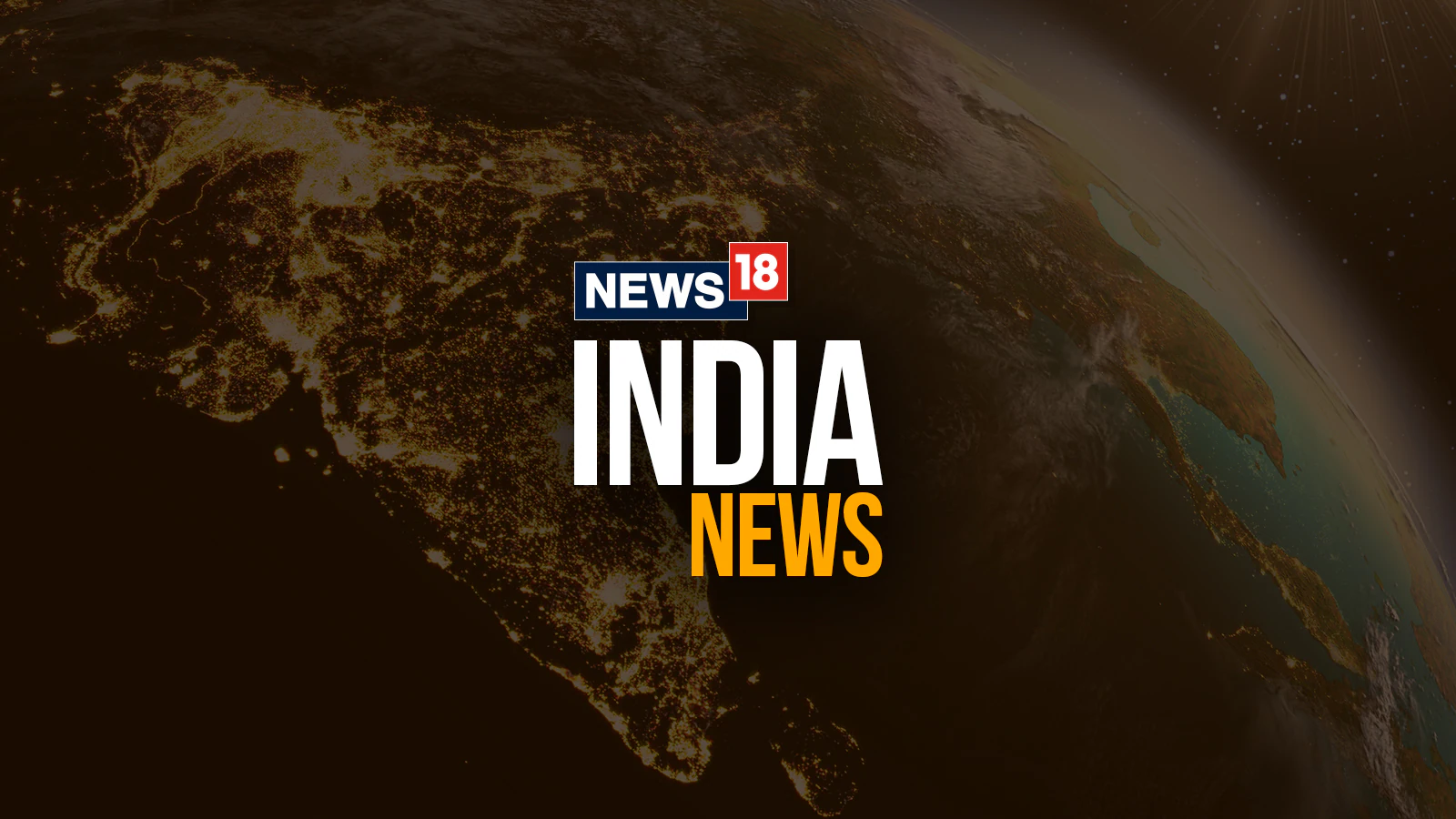By Saeed Ahmed
Copyright dawn

IN 1765, undivided India lost its financial sovereignty when Mughal Emperor Shah Alam II granted the East India Company the right to collect taxes (diwani) in Bengal, Bihar, and Orissa.
This enabled systematic extraction of wealth and control over India’s economy and redirected resources to Britain. This erosion of financial sovereignty undermined national security and ultimately state sovereignty.
After independence, Pakistan regained sovereignty when the Quaid inaugurated the State Bank of Pakistan on July 1, 1948, and issued its own currency. Until then, the Reserve Bank of India controlled Pakistan’s currency and banking system. As the Quaid noted, “The opening of the State Bank of Pakistan symbolises the sovereignty of our state in the financial sphere.”
That sovereignty has gradually eroded through unchecked reliance on external aid. At the macro level, Pakistan remains locked in IMF programmes. Budgets are passed by parliament but pre-approved by the IMF. Monetary policy is nominally independent but shaped by Fund advice. The energy sector is trapped by IMF diktats to raise tariffs and fuel taxes. Recently, the IMF has even intruded into governance and judicial realms, beyond its mandate and expertise. The 2021 SBP Act amendments — passed reluctantly by the parliament under IMF conditionality despite strong reservations by all parties — symbolised a blow to sovereignty.
Since 2000, the Asian Development Bank (ADB) has financed over 300 programmes and the World Bank (WB) more than 150, many co-financed by bilateral donors. They are involved across virtually all socioeconomic sectors: tax, energy, trade, agriculture, SMEs, finance, urban management, water, health, education, and justice. Many projects overlap as donors compete. Donors claim to promote self-reliance, yet the sheer number and scale of projects undertaken for decades contradict that very claim.
Today, Pakistan appears to have become a colony of donors. Even junior staff of the IMF and donor agencies often act like viceroys and vicereines, negotiating directly with ministers and top civil servants dictating advice.
Between 2000 and 2022, Pakistan received about $50 billion in official development assistance (ODA). Yet it still ranks near the bottom of global human, social and economic indicators.
International aid erodes sovereignty because donors pursue their own agendas.
Despite the proliferation of multibillion-dollar donor projects over decades, it is difficult to find tangible positive outcomes. Growth has stalled, unemployment is rising, and poverty is deepening. Twenty-six million children remain out of school, 40 per cent of under-fives are stunted, corruption has surged, and government effectiveness has deteriorated.
Waste and abuse of borrowed resources is evident from the failure of donor-driven projects to improve the tax-to-GDP ratio, exports and competitiveness, SME financing, or even Karachi’s liveability conditions. Ironically, the very sectors that have received sustained donor support remain most inefficient, resulting in policy lethargy, institutional decay, and misuse of resources.
The World Bank, ADB and others claim to be Pakistan’s ‘development partners’ but accept no responsibility for worsening conditions. Our officials outsource policy formulation and abdicate decision-making to foreign technocrats who have no stake in Pakistan’s future. Meanwhile, foreign aid has burdened the country with large, unsusta-inable debt, and repayments consume enormous resources, leaving behind little for investment in people.
International aid erodes sovereignty because donors pursue their own agendas. Bilateral donors use aid as ‘soft power’ to secure votes in international organisations, support allies, access markets for exports, deter asylum seekers, or fight terrorism. As US Secretary of State Marco Rubio stated this year, changes to USAID are “not about ending foreign aid” but about structuring it to further US national interests. In 2018, UK prime minister Theresa May declared that post-Brexit Britain’s aid would be used to advance British trade and political interests.
If poverty alleviation or economic development were the true objectives, most aid would flow to the poorest nations — South Sudan, Burundi, Congo, Mozambique, etc. Instead, donor countries channel resources to strategic allies. Ukraine, for example, received $40bn in ODA in 2023 and $29.5bn in 2022, making it the largest aid recipient ever. In 2023, the US’s top five aid recipients were Ukraine, Israel, Jordan, Egypt, and Ethiopia.
Pakistan now receives little in bilateral ODA — just $116 million from USAID in 2024 and £41.5m from the UK. These sums are negligible compared to Pakistan’s $410bn economy, but grant donors disproportionate influence.
While USAID has shut down, the UK’s FCDO remains deeply entrenched. Through certain entities, it encroaches upon the SBP’s role in the financial sector. Also, in another instance, Karandaaz has penetrated the FBR to ‘modernise its tax system’, though its expertise in tax administration is open to question. Using Gates Foundation funds, it hired McKinsey to digitise FBR operations, with some fearing that such moves can give access to sensitive information. Many would see this as a breach of sovereignty.
Tax collection is a fundamental function of a sovereign state. Imagine, Pakistan’s tax authority, mobilising Rs12 trillion in taxes, needing a few million dollars from a foundation to modernise itself.
India, once dependent on foreign aid, has since transitioned from a recipient to net donor. After the 2004 tsunami, prime minister Manmohan Singh turned down humanitarian aid, saying India could cope on its own. Since then, India has disciplined aid flows, ending most bilateral programmes, channelling money through multilaterals, and restricting NGO foreign funding.
Pakistan must also discipline international aid by restricting it to projects that enhance productivity and directly contribute to growth, while keeping debt within sustainable limits. The approach of accepting whatever comes in, on whatever terms, must end.
The Economic Affairs Division must set clear priorities for external assistance, identify critical sectors and agencies for development cooperation, and communicate them to donors. Multilateral concessional financing should support demand-driven projects with high development impact. Bilateral donor programmes should be diminished sharply with their offices closed in Pakistan. This would immediately signal to the government to assume full responsibility for development and the welfare of its citizens.
The quest for economic sovereignty is not about rejecting aid entirely. It is about regaining control over economic policy choices and ensuring external assistance serves Pakistan’s core development priorities, rather than foreign agendas. It is not just about pride — it is vital for national security and prosperity.
The writer is the author of The Shady Economics of International Aid. He is a former senior adviser of the IMF and holds a PhD in economics from the University of Cambridge.
drsaeed1201@gmail.com
Published in Dawn, September 26th, 2025



